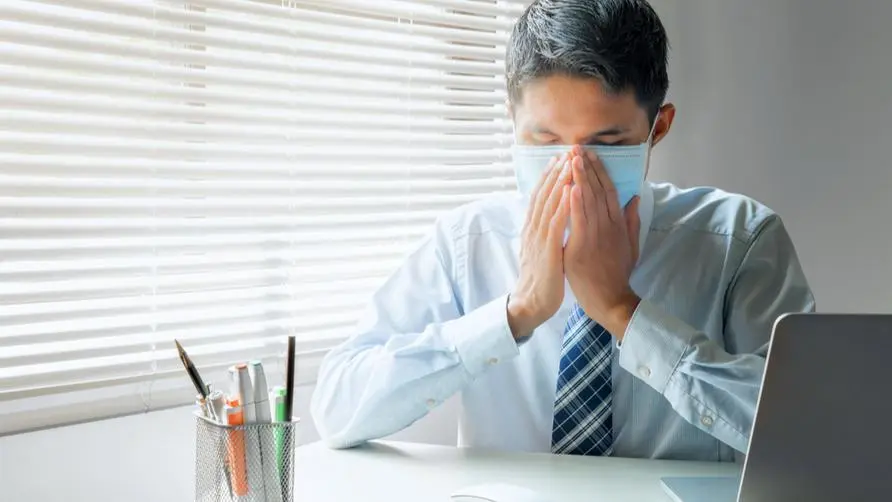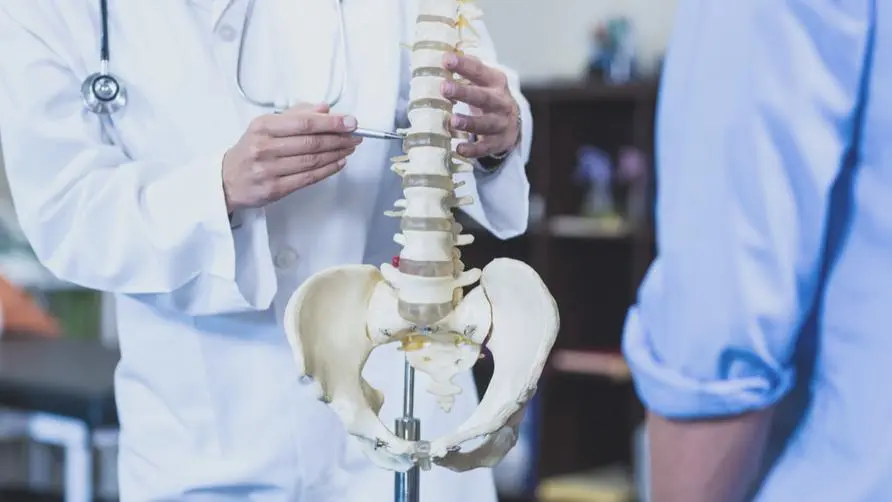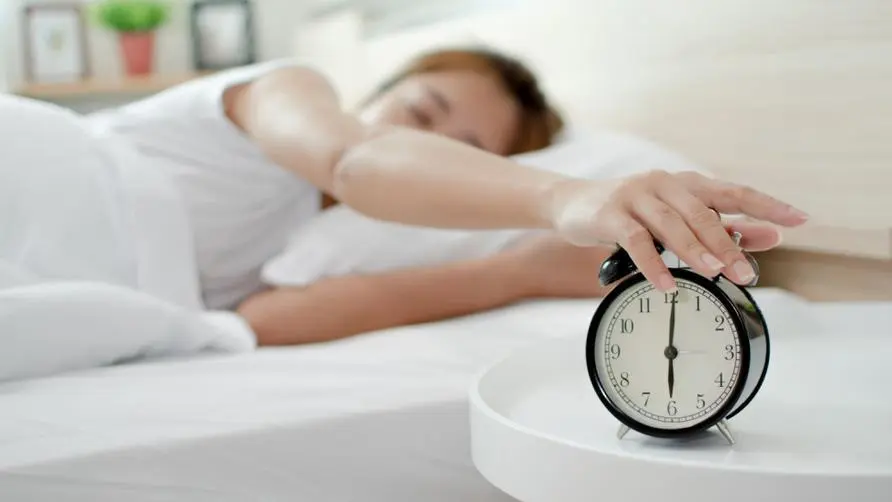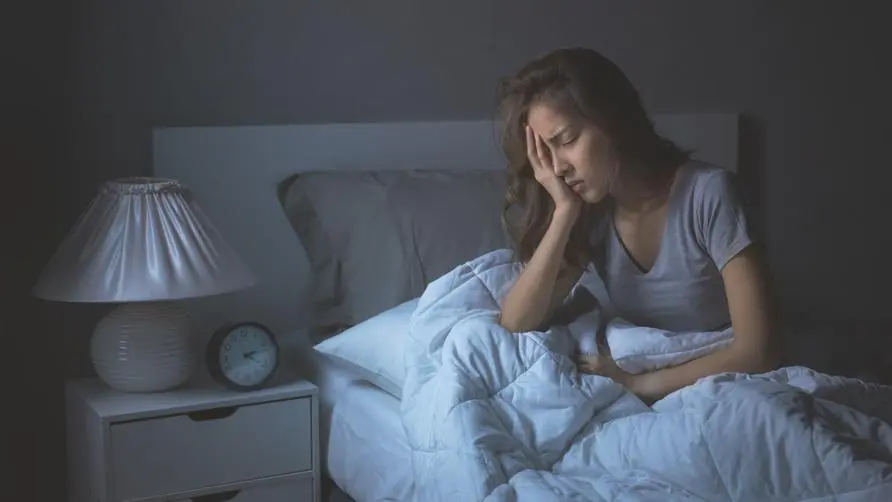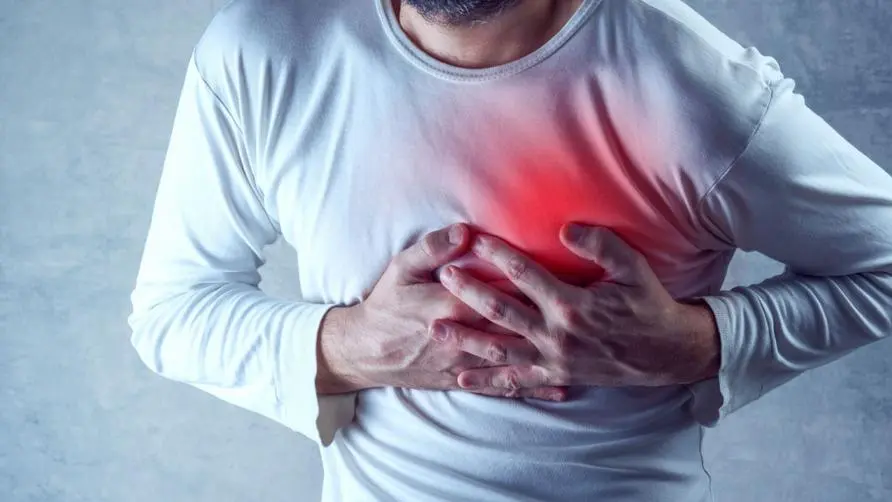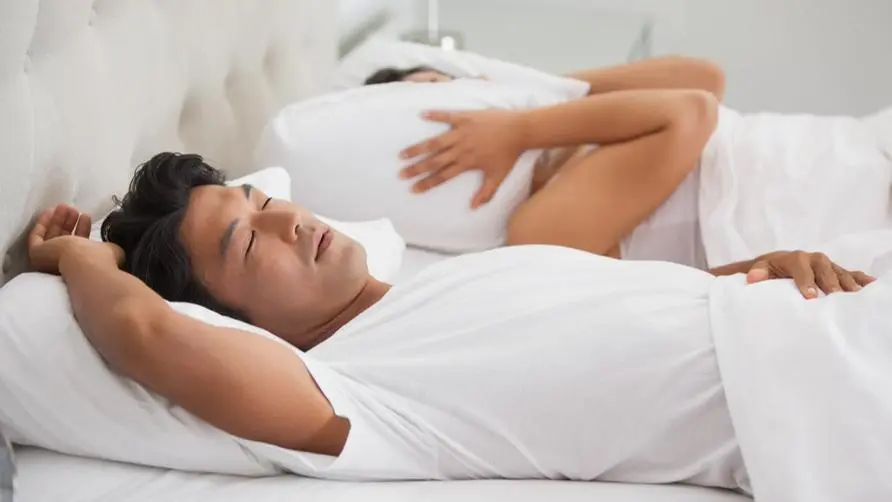Isn't being unable to sleep or not getting enough sleep actually "insomnia"? Doctor: 6 adults' poor sleep is related to "mental illness"!
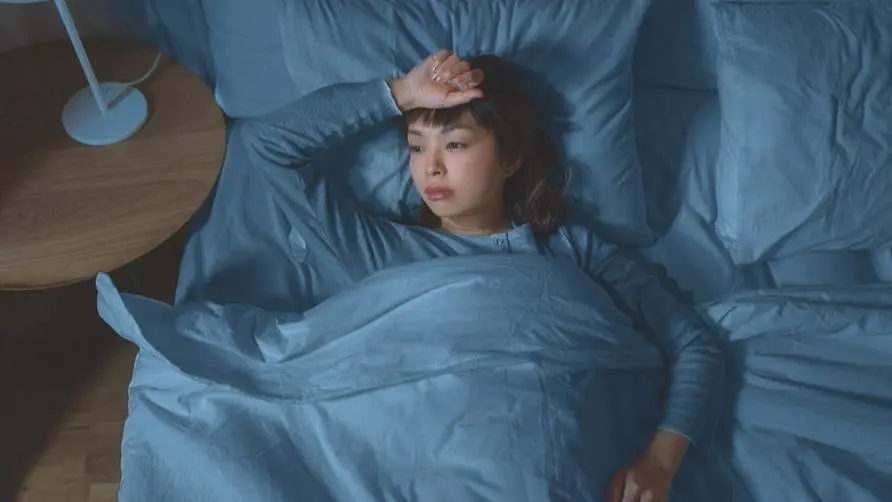
Recently, there have been frequent earthquakes in the eastern part of the country, and many people diagnosed have suffered from the new coronavirus. Many people have suffered from insomnia, inability to sleep, or poor sleep, which has affected their work and daily life. However, can being unable to sleep, not sleeping well, or not getting enough sleep be considered a type of “insomnia”? Dr. Yan Chongyou, director of the physical and mental department of Taiwan Ministry of Health and Welfare Losheng Sanatorium, said that being unable to sleep, not sleeping well or not sleeping well can only be regarded as “subjective adjectives” for people with sleep disorders.
Being unable to sleep or not getting enough sleep is not necessarily “insomnia”? Doctor: Only “6 symptoms” appear 3 days a week!
Dr. Yan Congyou explained that according to the “International Classification of Sleep Disorders”, sleep diseases can be roughly divided into insomnia, sleep-related respiratory diseases, central narcolepsy, circadian rhythm sleep disorders, parasomnias, sleep-related movement disorders, and isolated sleep symptoms and other sleep disorders, among which the most common among Taiwanese people is “insomnia”.
Dr. Yan Congyou pointed out that insomnia refers to difficulty in maintaining sleep, resulting in poor sleep quality or reduced sleep time. Insomnia occurs 3 or more days a week, and symptoms such as fatigue, sleepiness, irritability, difficulty concentrating, or physical discomfort occur during the day. , thereby affecting learning or workers. If it lasts for less than 3 months, it is called acute insomnia, and if it lasts for more than 3 months, it is called chronic insomnia.
As age increases, the proportion of people suffering from insomnia may also increase. In particular, women are affected by hormonal changes, such as menstruation, pregnancy, and menopause, and are more susceptible to emotional distress and mental illness. Therefore, the incidence of insomnia in women is higher than that in men. The causes of insomnia are complex and may include psychological stress, chronic pain, hyperthyroidism, heart failure, heartburn, etc. In addition, long-term insomnia can easily lead to depression, drug or alcohol abuse, poor cognitive function, and affect the quality of life. It may also cause high blood pressure, blood sugar and immune regulation disorders, cerebrovascular disease, cardiovascular disease, and even reduced sexual desire. Impotence.
More than 60% of insomnia problems are combined with “mental illness”. Doctors reveal “10 tips” to solve sleep problems
Dr. Yan Congyou said that a patient once complained of insomnia for 2 or 3 days and hoped to take sleeping pills to help him sleep. However, after diagnosis, he found out that he was actually suffering from “bipolar disorder.” According to clinical studies, nearly two-thirds of patients seeking treatment for insomnia also suffer from mental illness. The high proportion of comorbidities shows that multiple types of insomnia diagnoses may occur in the same case, requiring different aspects of assessment and treatment. Therefore, early diagnosis and planning by professional doctors and the provision of appropriate treatment can truly solve insomnia.
Dr. Yan Congyou emphasized that you cannot just rely on sleeping pills, but you need to first find out the cause of insomnia. If it is a sleep problem related to breathing, you need to use oral appliances or continuous positive pressure respirators to assist, plus weight loss; if it is related to internal medicine, Or related to psychiatric-related diseases, medical or psychiatric diseases need to be treated by specialists. If you still have insomnia problems after controlling related diseases, you can first consider non-drug treatments (such as cognitive behavioral therapy relaxation therapy, sleep control, stimulus control methods, etc.), and then supplement it with low-dose drug treatment.
Finally, Dr. Yan Congyou said that developing good sleeping habits is the best way to avoid insomnia. People can refer to the following “10 Good Sleep Suggestions” to maintain the best sleep state:
Have a regular schedule and sleep.
Comfortable sleeping environment: appropriate room temperature, lighting, less noise and comfortable mattress.
Limit lunch breaks.
It is forbidden to drink coffee, tea, cola, alcohol and smoking after dinner.
Avoid using the bed or bedroom for other sleeping activities, such as watching TV or playing video games.
Take medicines on time and as prescribed by your doctor.
In order to avoid frequent urination at night and having to get up to go to the toilet, which will affect your sleep, it is best to drink less water and drinks after dinner.
You can eat snacks to help you sleep before going to bed, but you should not eat too much.
Exercise regularly; it is advisable to do gentle and relaxing activities before going to bed, and avoid strenuous activities before going to bed.
Actively participate in social activities.
Extended reading:
Are “sleep problems” the norm during the epidemic? Simple “6 steps” to improve sleep quality
